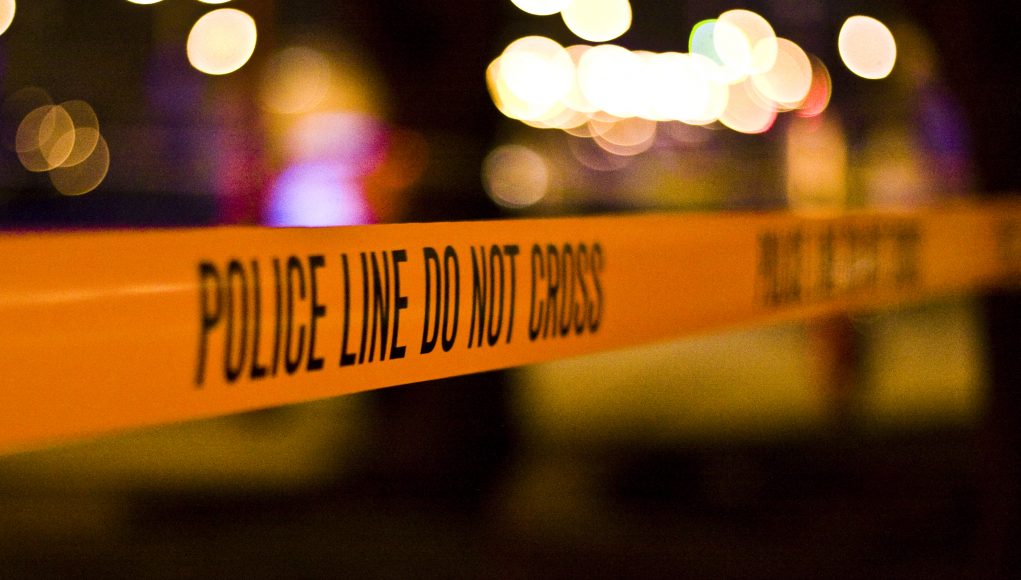I, like much of the nation, have been unsettled by the seemingly daily reports of unarmed African American men being shot by police. While I realize every incident is unique, and the situation is deeply layered, it certainly has made me look more closely at our society as a whole, and how we can ensure two equal necessities, safety for our officers and safety for every resident. Until we can figure that out, I understand and support the movement within our communities of color to keep this conversation at the forefront of society.
All that said, there has been a lingering question I’ve struggled to integrate with the larger conversation. Statistically, the vast majority of violence and killings within the African American community are not perpetrated by police, but by African Americans committing acts of violence against other African Americans. All things being equal, why don’t we see the same kind of protest and vigor against these crimes?
This is the question I asked a good friend of mine. An African American who grew up on the south side of Chicago, he’s also worked for the district attorney and has multiple relatives in law enforcement. During a larger conversation about race in our society, I asked, “Can we talk about black-on-black crime?”
He started off by saying that every violent crime committed against him has always been from another African American. There’s no excuse for it, he said, and it’s part of the reason he joined the DA in the first place, to prosecute those who would damage and wreak havoc in his community. However, he said as horrible as those acts are, when the shady person down the street does something shady, it doesn’t come as a shock. However, when you see systemic issues happening within institutions you’re supposed to be able to trust, the pain and betrayal is much more acute.
He then told an analogy. Think about child abuse. As a society, we rightfully defend children to the highest extent of the law. When a relative or a neighbor harms a child, we have zero tolerance for it. However, as bad as it is when a random neighbor is found out, when a teacher or a minister abuses a child, we consider it an even larger horror. We give these professions special access to our children. We give their offices respect and accolades. Hence, if they betray that trust, our society rises up in a unified, outraged voice.
It got me thinking about the scandals which rocked the Catholic Church a decade ago. When it was found out that a significant number of priests had abused their access to children for years, and that the church system had protected them at the expense of their victims, there was universal shock and horror. An institution that serves as a beacon of healing, life, and love, was also harboring some terrible, devastating secrets. Now was every priest to blame? Absolutely not. Most were genuinely trying to love their communities, but it also wasn’t an isolated incident. The institution had to change.
From that perspective, as a minister myself, I began to understand the difference between police brutality and black-on-black crime. Yes, as a society we have to make serious efforts to reduce crime in every community, but two other facts bear mentioning. First, every race is primarily a victim of violence from their own race. It’s a proximity issue. And second, if you do even the quickest search, you will find numerous efforts within the African-American community to stop the violence, many going back decades (i.e Operation Ceasefire, etc.)
On the other hand, we cannot allow our institutions to abuse their authority on any systemic scale. Officers are some of my closest friends, and they deserve the highest respect for their work, but we also must hold them to the highest standards, ensuring every community has an equal level of trust and an equal level of protection from those who are called to serve and protect them. I hear echoes of the prophet Isaiah, “Woe to you who legislate evil, who make laws that make victims — Laws that make misery for the oppressed, that rob my people of dignity.”
After another tragic, bloody weekend, I remain firm that this has to end. We need to find a new way forward, a new way to talk to each other, a new way to live together. Quite frankly, I was uncomfortable asking the question, but I’m glad I did. We need action, but for lasting change to occur we need a critical mass of people moving forward together. Conversations founded on mutual respect and trust, especially the difficult ones, help make that possible.




























